Mariella Mehr, who was born in Zurich on 27 December 1947 to a Yenish mother and a father whose identity long remained unknown, leaves little to the imagination as to her own journey in this, her debut work. After Pro Juventute put her into foster care, Mehr was sexually abused as a small child. She spent time at a psychiatric clinic and was abused by her foster father. She was sent to an orphanage and then to residential school. She gave birth to a boy at Hindelbank women’s prison. Pro Juventute took her son away. She attempted suicide and was admitted to a clinic. Then she put these experiences into writing.
Impressive literary talent
“Steinzeit” not only laid bare the serial abuse to which Mehr was exposed, but also gave a first glimpse of the literary talent that she would continue to display over future decades. In her 1994 novel “Zeus oder der Zwillingssohn”, the Greek god of gods Zeus ends up as a patient in Waldau psychiatric clinic, where one of his female victims brutally mauls and castrates him as if to avenge millions of other victims. Of “Daskind” (1995), Mehr’s novel about a character who suffers repeated torture and abuse before rising up against this injustice, the “NZZ” wrote: “If prose made people ill, this book could fill entire hospitals.” “Brandzauber” (1998) is a lament to a Yenish and a Jewish girl who are inseparable at boarding school and meet death “like two angels of fire”.
“For twenty-five years, I have been grappling like crazy with the words to articulate fear. I was mute for the first five years, bereft of interaction. Autism means meeting the world and responding with deafening silence.”
Excerpt from “Steinzeit”, Mariella Mehr; paperback; Zytglogge Verlag, Basel.
And in “Akte M. Xenos ill.* 1947 – Akte C. Xenos ill.* 1966”, a play named after the title of the file that Pro Juventute kept on her, Mehr documents the devastating impact that Switzerland’s racist child welfare policies not only had on her but others too. The author never let the issue go and continued to exercise her agile mind right to the end, writing poems that constitute her final and perhaps most shocking testimony of all. “The future? / It will never free me, / the unwanted child. / Come, she says, / death is an eyelash / on the eyelid of light.”
Making peace with the past
On 5 September 2022, Mariella Mehr died in a Zurich care home at the age of 74. Anyone who met her in her final months would have encountered a women who had made peace with her almost unbearable past experiences. Her weathered features may have told a different story, but she gave a cheerful, relaxed impression.
Mehr took one of her final journeys in November 2021. Not to the Grand Canyon in Arizona, a natural wonder she would have loved to have visited, but to Berne and the “Vote now!” exhibition, which included a section devoted to her own tireless campaigning. She took fiendish delight in the curator refusing to believe that the anonymous wheelchair user taking part in a tour of the exhibition, clad in a black leather jacket, was none other than Mariella Mehr.
Bibliography: “Steinzeit” is available in paperback from Zytglogge Verlag in Basel.
The French translation, “Age de pierre” by Jeanne Etoré, was published in 1987 by Aubier-Montaigne in Paris.
Charles Linsmayer is a Literary Scholar and Journalist based in Zurich
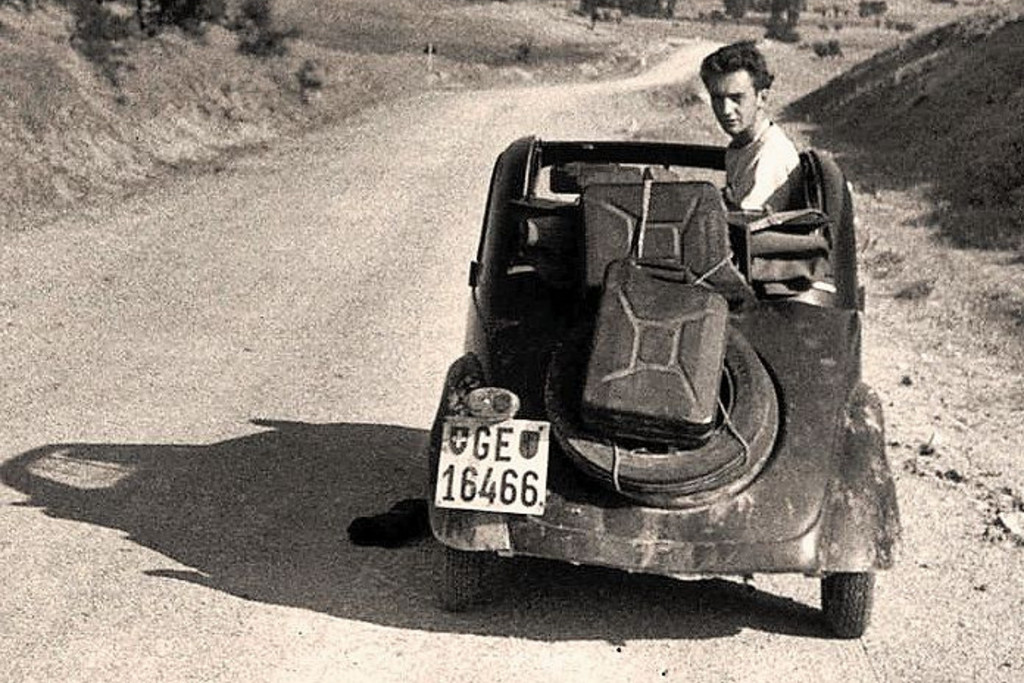
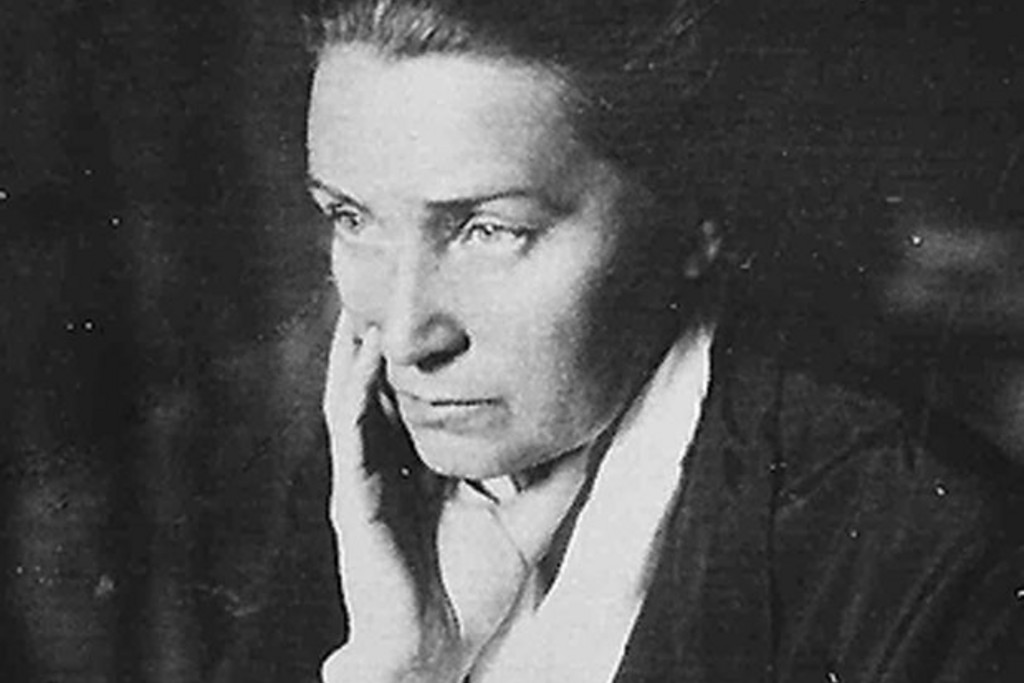

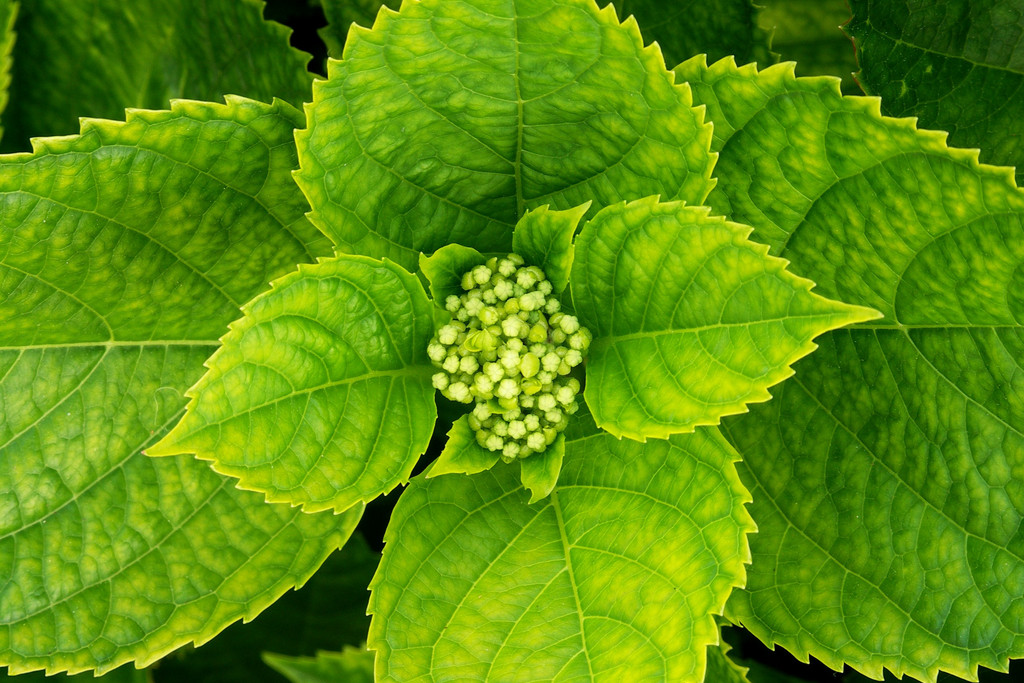
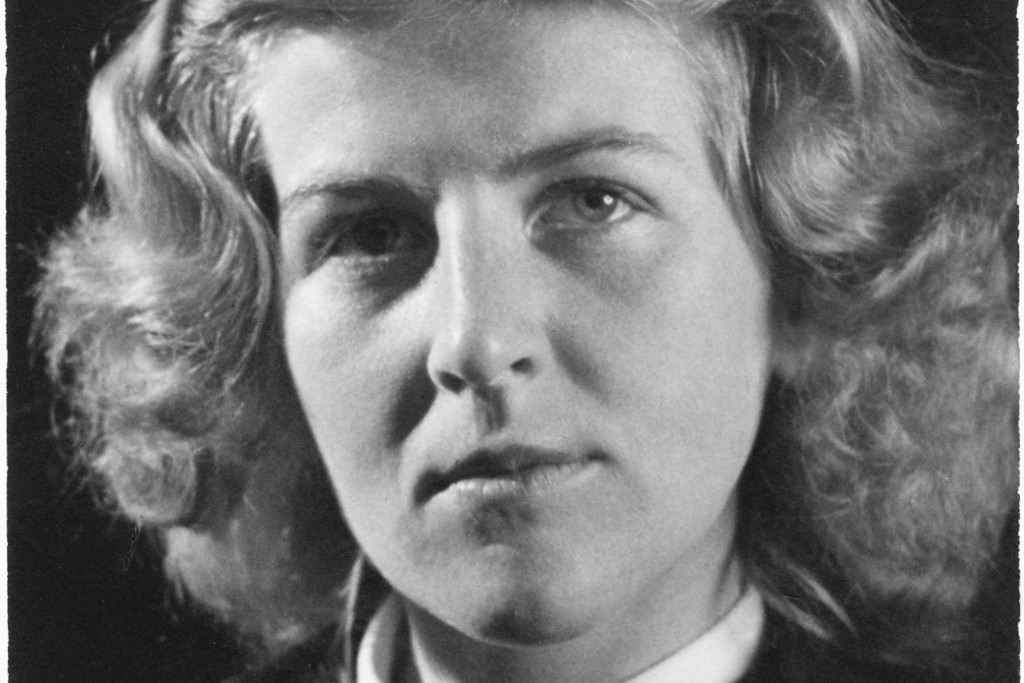
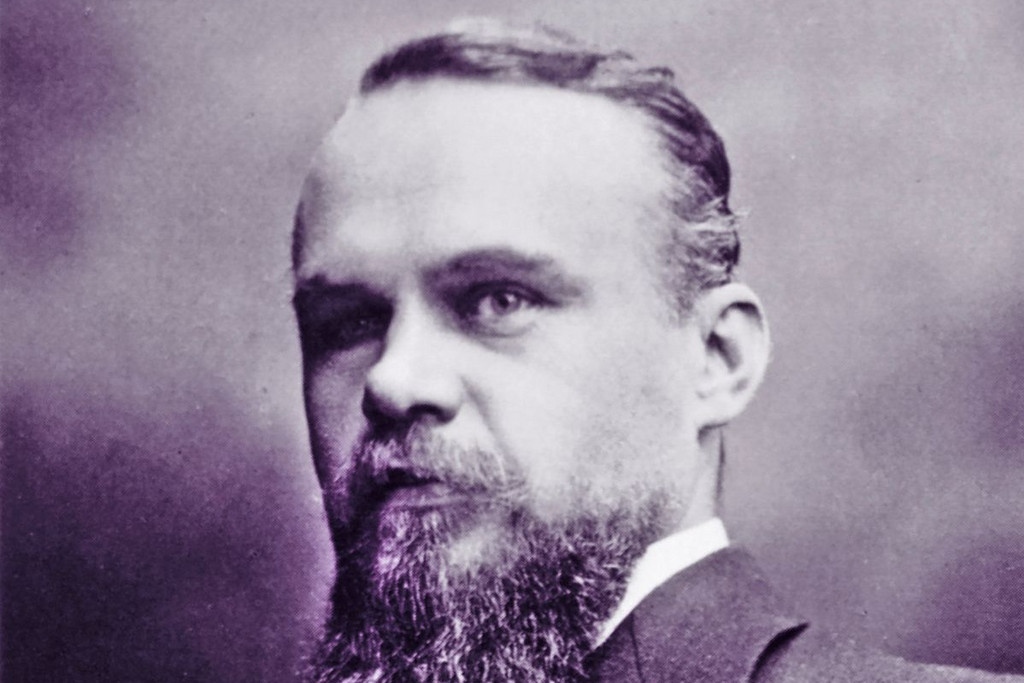
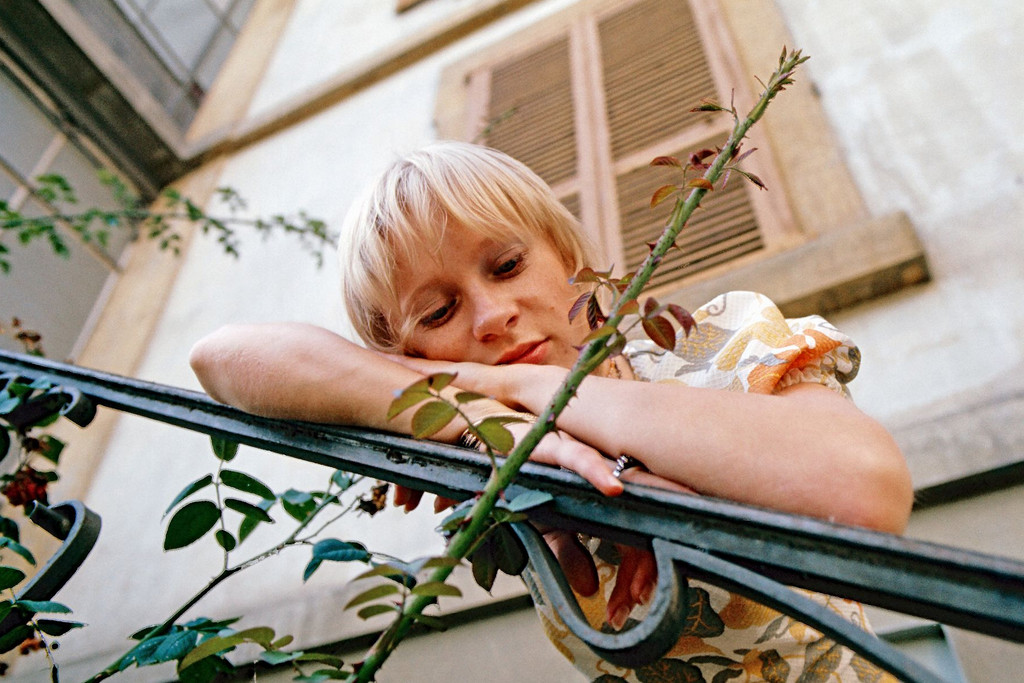
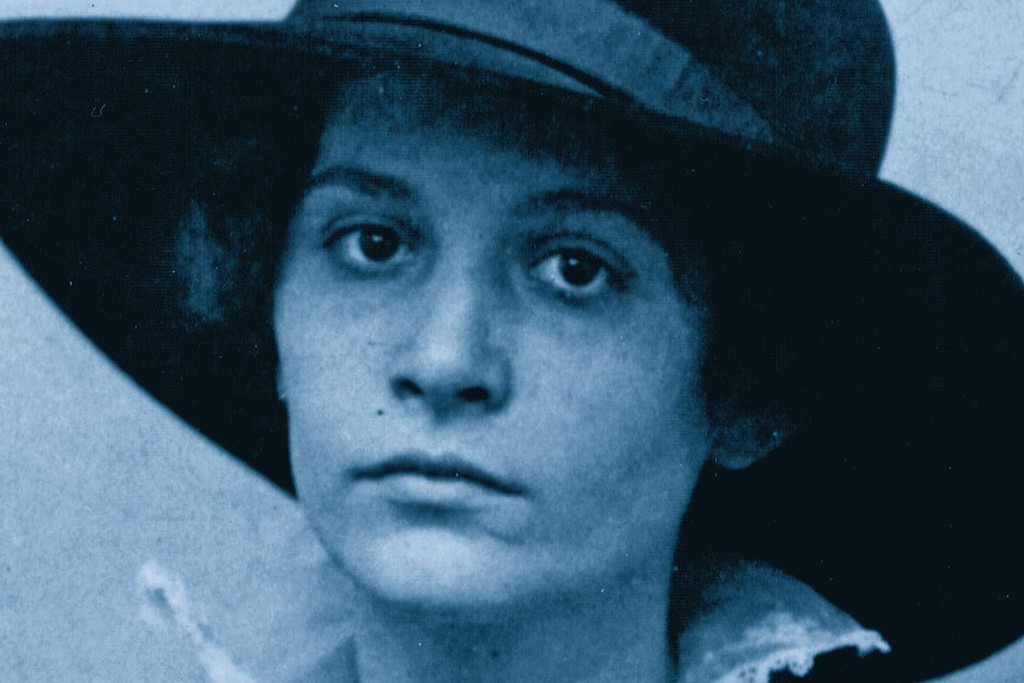



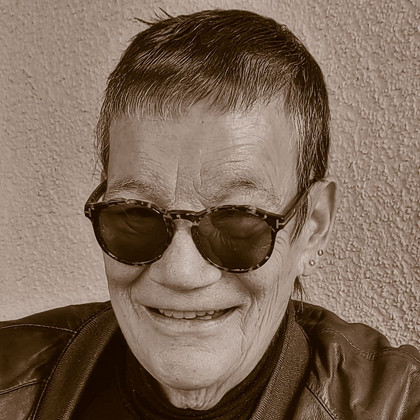

Comments